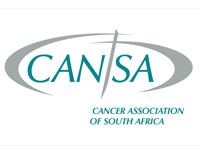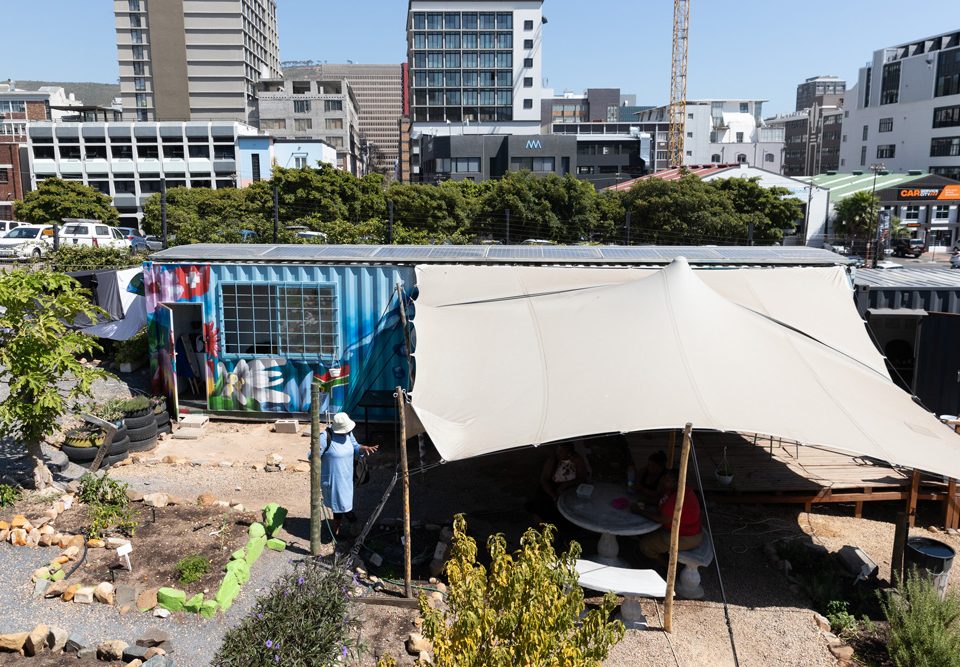
Introducing The Big Issue Gift Card
December 2, 2015
To market, to market
December 3, 2015
Parents rarely look for cancer in their children. But it happens, it’s serious, and recognising it early can make all the difference.
“We estimate that about 100 children under the age of 15 years are diagnosed with cancer in the Cape Town Metro each year,” says Dr Alan Davidson, head of the Haematology-Oncology Service at the Red Cross Children’s Hospital. “Most parents don’t ignore the symptoms; they just don’t think of cancer as a possibility.”
Most people know one or more adults in their social circle with cancer, explains Dr Davidson, but they don’t know any children with the condition. “One paediatrician usually sees no more than one case of childhood cancer per year,” he says, “and a GP probably sees no more than one case every 10 years.”
While childhood cancers may be less common than their adult incarnations, it’s important for parents to be aware and informed. The range of childhood cancers includes brain tumours and soft tissue cancers, but Acute Lymphoblastic Leukaemia comes up most frequently.
“Leukaemias are cancers that originate from white blood cells, which fight infection,” says Dr Davidson. “These cells tend to cluster in the bone marrow, where blood is produced, causing a decrease in the production of all the normal blood cells. This leads to bone pain, intermittent fevers, severe pallor and fatigue and a tendency to bruise easily and bleed. The cells may also collect in lymph nodes or abdominal organs, causing them to swell. These symptoms and signs can be subtle at first, and leukaemias are often mistaken for more common childhood diseases such as infections.”
Early detection, despite the difficulty of achieving it, is an invaluable tool in successful management.
“[Cancer] is much easier to treat [when diagnosed early], and improves chances for full recovery,” says Vera van Dalen, National Project Manager at the Cancer Association of South Africa (CANSA). “Many parents of a diagnosed child will report that they have been to a number of doctors before the child was diagnosed. Our advice will be for a parent to continue to go back if the offered medication does not have any positive results.”
Early detection can only be achieved if parents know what to look out for. Here are some helpful guidelines:

For more info, visit Childhood Cancer Foundation South Africa (CHOC). For support in coping with childhood cancer, visit CANSA’s Tough Living with Cancer (CANSA’s TLC) programme.




